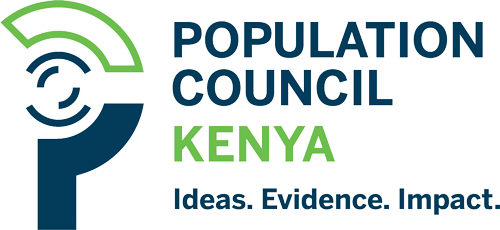Introduction
The global HIV response has witnessed a significant decline in new infections and AIDS-related deaths, with increased access to antiretroviral treatment (ART) playing a crucial role. However, sub-Saharan Africa continues to bear a disproportionate burden, with heterosexual transmission and the impact on children remaining key areas of focus. While challenges like stigma, limited healthcare access, and poverty persist, ongoing efforts in prevention, treatment, and addressing social determinants of health offer hope for further progress towards ending AIDS as a public health threat.
Objectives
- Highlight the importance of data analysis in understanding the impact of HIV interventions.
- Share trends and insights on HIV incidence globally and regionally.
- Explore factors influencing HIV transmission and provide long-term projections.
- Showcase how countries can utilize HIV data for effective prevention strategies.
- Learn from diverse regional perspectives on incorporating data into national responses.
Proceedings
This webinar was chaired by Dr James Anenih, from the National Agency for the Control of AIDS (NACA), Nigeria who introduced the importance of data for evaluating the effectiveness of HIV interventions. This was followed by a presentation by Keith Sabin from UNAIDS, who discussed the global and regional trends in new HIV infections, their distribution patterns, and insights from the organization.
After, we had a session on "HIV Incidence Insights" facilitated by Sikhulile Moyo of the Botswana–Harvard AIDS Institute Partnership (BHP)and Jeff Imai-Eaton of the Harvard T.H. Chan School of Public Health. Their presentations explored the factors contributing to the spread of HIV, the insights gleaned from genetic studies, and long-term projections for the future
Clemens Benedikt from the Global HIV Prevention Coalition (GPC) and Sandra D.M. Gonçalves from UNAIDS Mozambique presented a case study on Mozambique's utilization of HIV data. They showcased how the country leverages data to inform its prevention policies, program development, and resource prioritization.
A session on Country reflections on utilizing HIV data, featured representatives from Uganda (Peter Mudiope), and Ghana (Rita Afriyie). Each shared their experiences and strategies for incorporating HIV data into their national response plans, highlighting specific applications from their respective regions: Southern Africa, East Africa, and West and Central Africa.
Resources
The recording and presentation from this session can be accessed below.
Download Event Material

















